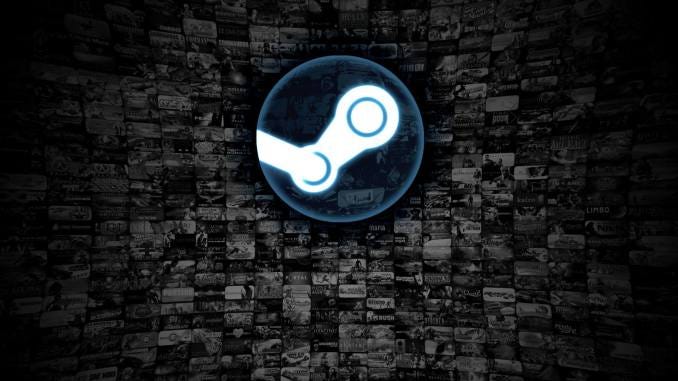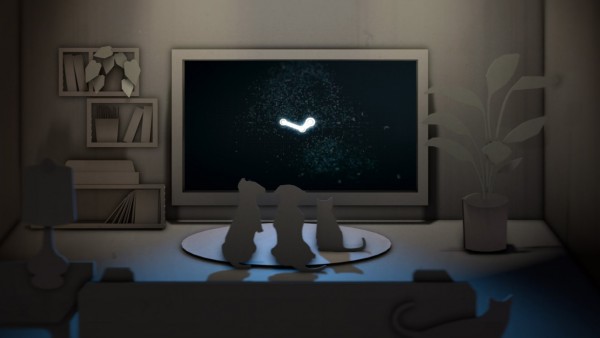British Telecom is suing Valve over Steam... being Steam
British Telecommunications (BT) has filed a lawsuit against Valve over patent infringement for many of the core services of Steam.
British Telecom, the UK-based phone, internet, and communications company, has filed a lawsuit against Valve over infringement of four patents. The filing, which you can read here (via RPS), claims Valve "continually and wilfully infringed" on BT's patents with Steam.
The Valve products BT says infringe on its technologies include Steam Library, Steam Chat, Steam Messaging, and Steam Broadcasting. According to the suit, the company contacted Valve on many occasions, since as far back as October 2015, but the latter has not responded.
The first of these patents is called Gittins, and it's at the core of Steam's service. This patent relates to "providing users with content that originates from multiple subscription services and delivering it through a single portal where a customer may access content for which it has access rights," essentially how Steam delivers content to users.
The Newton Patent pertains to the delivery of messages containing "information and data" "Messages are stored as files at a server for retrieval by the intended clients. Each client transmits requests for messages to the server at automatic and periodic intervals," the suit adds, referring to the tech used in Steam Chat.
The there's the Beddus Patent, which relates to "a communications system in which a user is provided with different communication mechanisms and each mechanism is associated with a call control protocol."
"The user’s status is monitored, and when the user is determined to be logged out of the system, persistent communication mechanisms are available and at least one non-persistent communication mechanism is unavailable," BT explained.
Finally, the the Buckley Patent, which the lawsuit says is used in "a multi-user display system and method for controlling a communal display that includes at least two independent workstations and an interface server for connection to a data network."
These claims, although not completely lacking sense, are very broad. Going by the language in the filings, it's easy to see how many of these patents are used in many other stores (iTunes, Google Play etc), and video services such as YouTube and Twitch, just because of how broad these descriptions are.
The lawsuit was filed in Delaware on July 28.

